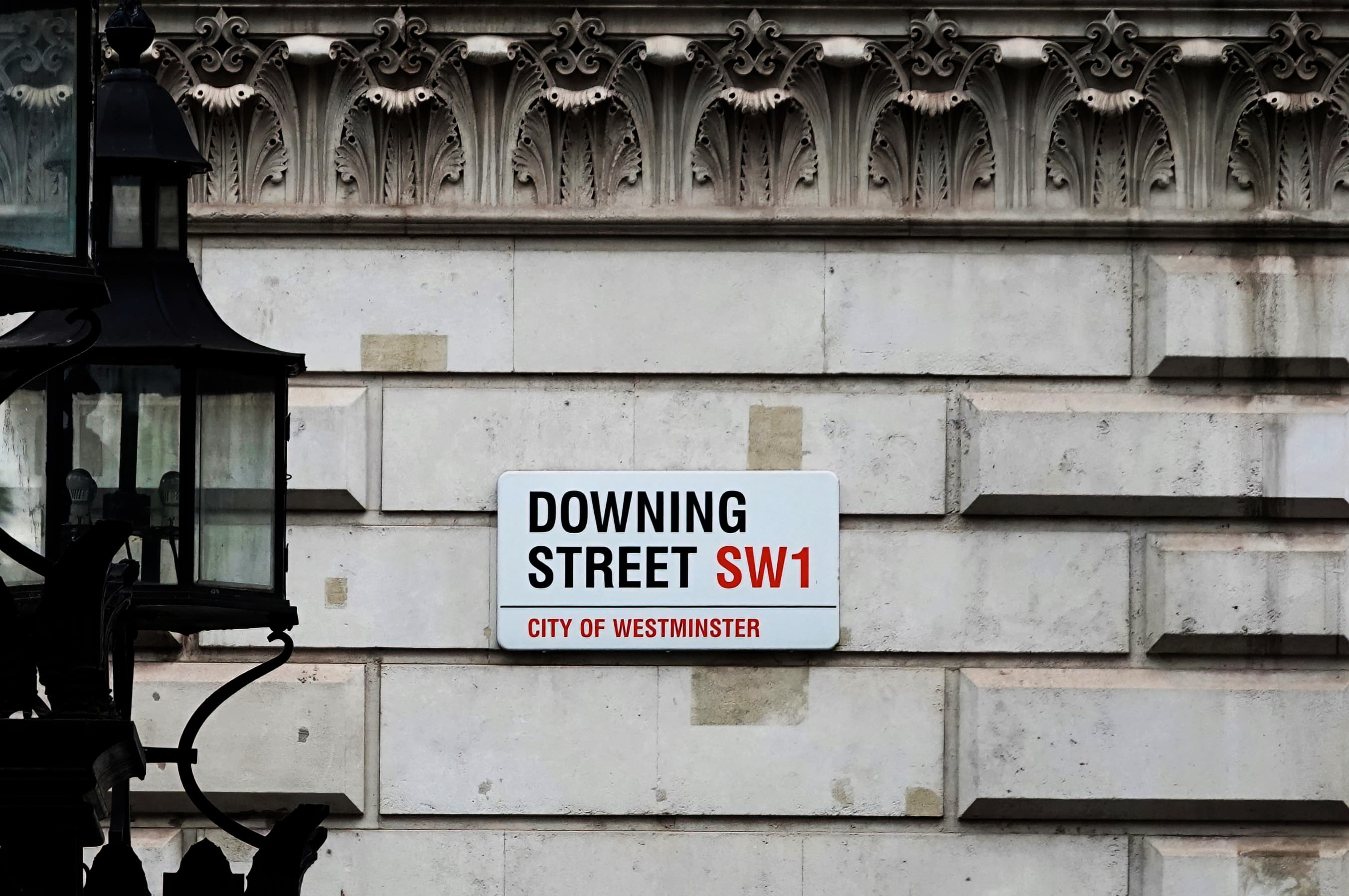How do UK general elections affect sterling?

In May 2024, UK prime minister Rishi Sunak announced a general election for July. Recent polls suggest this could be the first election that the Conservative Party might lose for some time.
In this article, we’re looking at how UK general elections have historically affected the pound, possible outcomes from the result, and what businesses relying on sterling for international payments can do to protect themselves from currency volatility.
UK elections and sterling: what the history books say
Currency investor confidence plays a massive role in how sterling responds to UK general elections.
As a volatile currency, sterling often sees some instability while the nation votes on who’ll take control of Parliament.
Since 2010, markets have been confident of Conservative victories, so sterling fluctuations in the run-up to elections have been few and far between.
However, the general election in July 2024 poses the biggest challenges to Conservative control for some time.
With the election’s outcome unclear, let’s look at how sterling’s responded in previous times of election uncertainty.
Labour’s landslide in 1997
The 1997 general election saw the Labour win a party-record 179-seat victory under Tony Blair.
Blair’s victory seemed likely, but a Labour triumph meant the party taking control of government for the first time since 1974.
The possibility of Labour’s return after some time without a majority in Parliament led to investor uncertainty, generating GBP volatility in the months prior to the election.
However, Blair’s clear mandate and economic policies led to a period of strength for sterling. Investor confidence in the pound grew which, boosted by the UK’s strong economic performance, lifted sterling during Blair’s tenure.
Coalition question marks in 2010
The result of the 2010 UK election saw the Liberal Democrats and Conservatives form the first coalition government since the Churchill caretaker ministry in 1945.
Initially, sterling weakened due to investors’ concerns about the potential instability of a coalition government.
However, the government’s austerity measures, and other strict fiscal policies, helped the pound gradually strengthen during the next four years, peaking in July 2014.
The 2016 Brexit Referendum
Although not a general election, the 2016 Brexit referendum was a significant public vote in UK politics that profoundly impacted sterling.
The UK voting to leave the European Union led to a sharp drop in the value of the pound. Investors were spooked about the UK’s future relationship with the EU and its withdrawal from the single market.
Sterling reached its lowest levels in over 30 years against the US dollar and euro, highlighting the currency’s sensitivity to political events.
How will the 2024 UK election impact sterling?
As a volatile currency, predicting how sterling will react to the election is difficult. But keeping history in mind, let’s dig into some possible outcomes.
Labour victory
Polls currently suggest Keir Starmer is favourite to take the PM spot, mirroring the mood ahead of Blair’s victory in 1997.
However, according to analysts at Crédit Agricole, “a potential change of guard in Westminster could be good for the currency.”
Valentin Marinov, Head of G10 FX Strategy at Crédit Agricole, says this is because “a Labour government is expected to usher in a period of political stability – a welcome change following the tumultuous years of Tory rule.”
Similarly, analysts at MUFG, a Japanese investment bank, believe that a comprehensive win for Labour would be “most positive for the pound”.
They suggest a Labour landslide could strengthen sterling due to:
- An expected prolonged period of political stability.
- Raised expectations of higher government spending.
- A focus on reestablishing a constructive relationship between the UK and EU after Brexit.
This sentiment is echoed by a Bloomberg poll published in early June which saw more than half of its 268 respondents say a Labour victory would be the best outcome for the pound.
Conservative victory
It’s not out of the question that the Conservatives will retain their position of power for yet another term.
However, an unexpected result in favour of the Conservatives might shock markets. Such an outcome could affect the mindset of investors while they assess what the future holds.
We’ve already seen sterling’s fragility during unexpected political outcomes when the UK voted to leave the European Union.
How can my business protect against currency volatility?
In this article, we’ve identified the various ways election outcomes can influence the value of the pound.
If your business relies on sterling for international payments, it’s essential you consider ways to limit the risk of election-induced volatility from harming your profitability.
Privalgo offers professional, personal support to help you navigate periods of political uncertainty.
We can help your business create personalised hedging strategies that manage foreign exchange (FX) risk and achieve maximum value during market opportunities.
Fill in the form below to find out how we can help your business bring certainty to your costs and gain maximum value out of your FX during times of political uncertainty.
This article is not financial advice.



